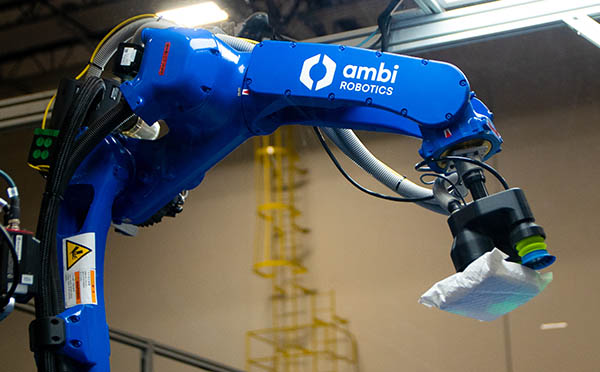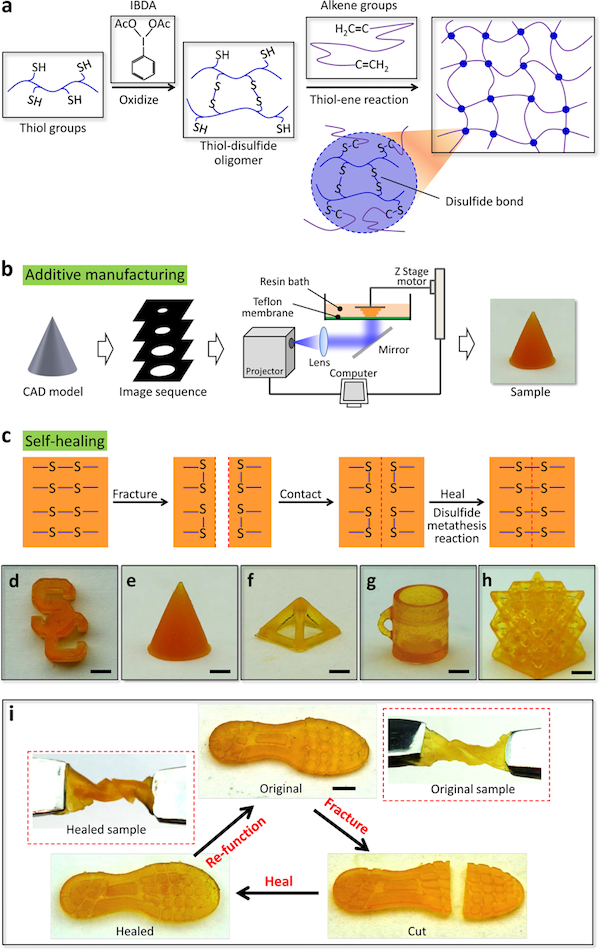Editors’ Picks





Found in Robotics News & Content, with a score of 11.41
…faculty positions. Since 2019, she has also led USC Viterbi’s K-12 STEM Outreach Program, which included sending out students and faculty to mentor students in surrounding, largely low-income schools around Los Angeles, and running classes and workshops for high school teachers on campus at USC. Her book “The Robotics Primer” is geared toward K-12 students and undergraduates. The book explains both the principals of robots and offers a practical guide to building programmable hands-on robots. “Maja Matarić has been one of the key figures responsible for significant advances in robotics in recent years,” said ACM president Yannis Ioannidis. “Her work…

Found in Robotics News & Content, with a score of 13.40
…robots and software. Processing orders optimally Researchers at the Viterbi School of Engineering at the University of Southern California recently collaborated with Shanghai University of Finance and Engineering. They studied online shopping experiences and created a system that would enable JD.com to optimize robots within warehouses as they scurry about processing orders. The intent was to allow robots to move quickly without any collisions. The research team developed a mathematical method to optimize the combination of steps with a finite set of solutions. The system that the USC and Shanghai University team devised allows JD.com's robots to accurately fulfill orders…

Found in Robotics News & Content, with a score of 16.71
…Department of Electrical and Computer Engineering at the USC Viterbi School of Engineering, led by SungWon Chung, designed the new IC technology. Manufacture of the ICs used Tower Semiconductor’s open foundry Silicon Photonics platform. The PH18 Silicon Photonics platform offers optical components including ultra-high bandwidth modulators and photodetectors, serving demand in data center and infrastructure optical communication markets. This platform also offers high-performance elements necessary for high-precision lidar applications, such as low-loss silicon nitride waveguides capable of handling larger optical powers, said Tower. The new lidar system employs optical phased arrays – hundreds of compact optical antennas—along with amplitude and…

Found in Robotics News & Content, with a score of 44.20
Researchers at the University of Southern California Viterbi School of Engineering have developed 3D-printed rubber material that can repair itself, potentially increasing the longevity of items like tires, shoes, and other items that are frequently fractured or punctured, while decreasing manufacturing time. Assistant Professor Qiming Wang led the research team. The new material is manufactured with a 3D printing method that uses photopolymerization, a process that uses light to solidify a liquid resin. The self-healing aspect of the material was achieved by adding an oxidizer to the chemical group (thiols) used in the photopolymerization process, transforming them into disulfides. “When…



